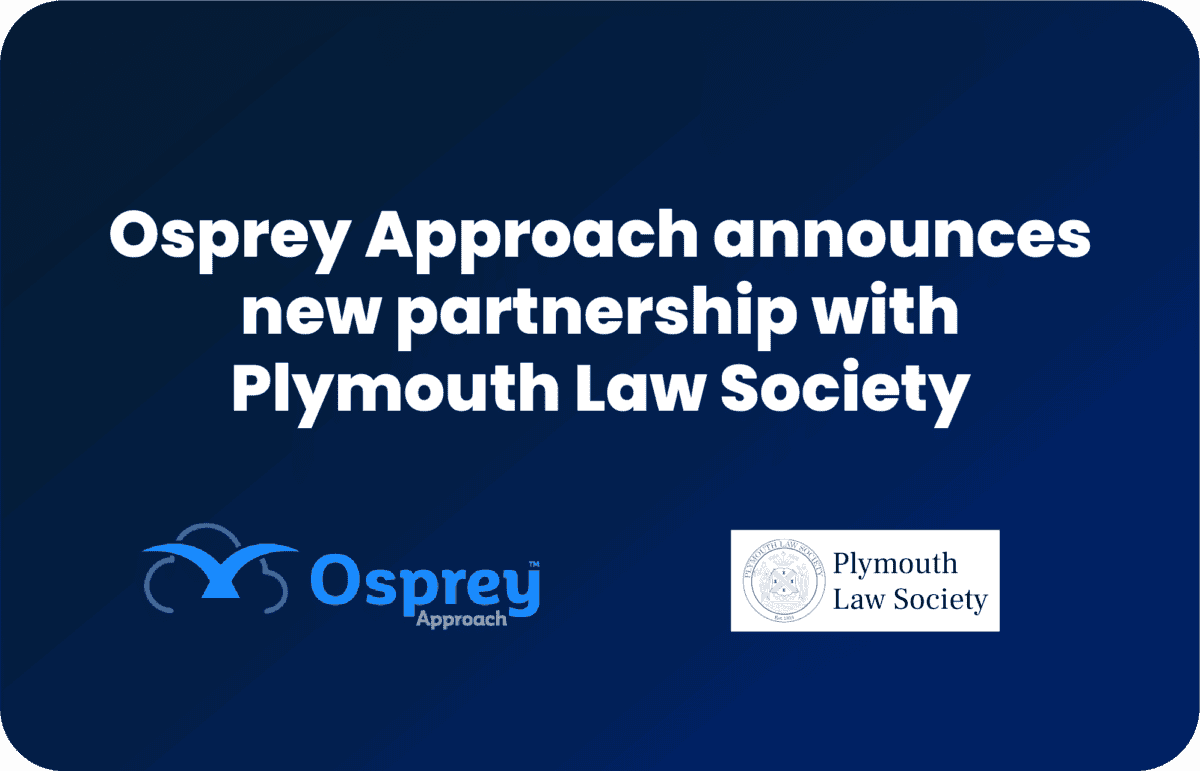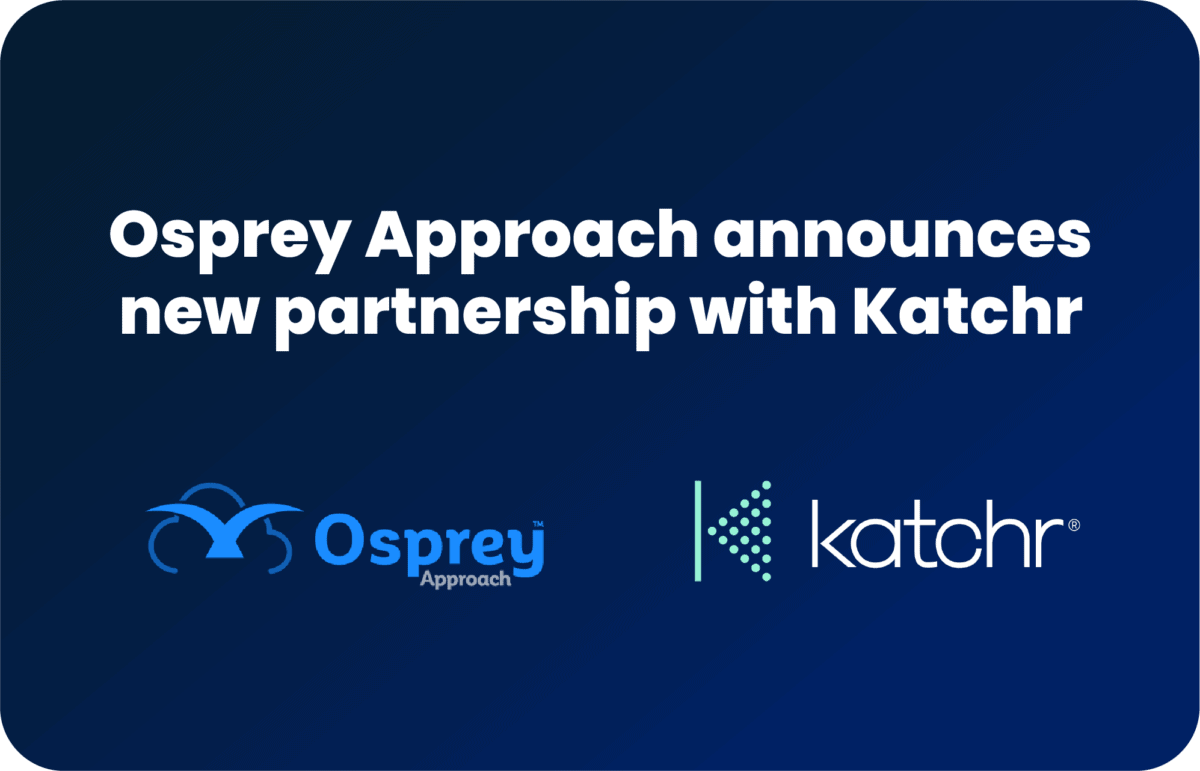Contents
Winning new business: how SME law firms can build trust for long term gains
For SME law firms, sustainable growth isn’t about quick wins or hard selling – it’s about building trust, creating lasting connections, nurturing referrals, and ensuring a quality client experience.
When it comes to harnessing growth, despite business development activity being among firms’ investment priorities over the coming months, the latest Bellwether Report found that many face acute time pressures, with 34% citing a lack of time for BD activity.
To help address this challenge, Osprey Approach has shared insights from guests who have taken part in its Empowering Law Firm Leaders podcasts, including Emma Egerton-Jones, Matt Dixon, Shaun Cremins, and Robert Flint, to help firms can attract, convert, and retain clients for long-term success.

Putting people and clients first
Emma Egerton-Jones, business development and client experience coach, believes that growth begins with culture. “Developing a culture of people-first, at all levels, leads to a better overall experience for everybody,” she says. “Everybody in the firm should understand what it means to be a legal business. Encouraging legal entrepreneurs to explore new ways of working keeps the firm agile.”
This people-first mindset also drives client loyalty. “Client experience is about the emotional impact of every interaction your client has with your brand,” Emma explains. “Those fully connected clients go on to spend more, pay faster, and actively look for opportunities to sell you and support your business.”
Matt Dixon, co-author of The Activator Advantage and a leading expert in sales, business development, and client experience, agrees that business development hinges on connection, not persuasion. His research identifies “activators” – lawyers who commit to relationships, connect across client organisations, and create layered value. “Activators create zippered connections from top to bottom within the client organisation,” he says. Crucially, they deliver not just business value but also trust and personal value that resonate emotionally. “Clients appreciate when you are upfront about potential challenges and costs. It builds trust and shows that you are looking out for their best interests.”
First impressions count
Winning new business begins the moment a potential client makes contact. Shaun Cremins, customer experience director at insight6, warns that poor enquiry handling is a silent revenue killer. “It’s a startling stat. If a firm is losing a million-plus pounds worth of business just because they don’t have the processes in place to handle that initial stage enquiry effectively, what could they do with that additional potential revenue?”
Shaun explains that firms often underestimate how many touchpoints shape the client journey. “Everyone thinks of probably five or six, maybe 10 headline touchpoints, but the reality is, if you do this effectively, you are talking about dozens.” From websites to phone calls, small lapses can damage first impressions and reputations. “Detractors could reach 3.5 thousand people because people share bad news stories more freely than they do good news stories,” Shaun notes.
Emma reinforces the point: clients don’t just remember efficiency, but how firms make them feel. That’s why she urges lawyers to “connect the value to the meaning for that specific client; their wants, fears, and needs.”
The power of referrals
By combining structured processes, generosity, and continuous improvement, firms can create powerful referral networks that consistently generate high-quality opportunities.
Robert Flint, CEO of Adviserly, believes that building strong referral networks should be a deliberate skill. “Treat collaboration and referrals like a skill that you have to learn,” he says, highlighting the importance of trust, humility, and learning from mistakes.
Using his BTOP method – Budget, Team, Other Parties, Planning – firms can qualify referrals effectively. “BTOP ensures that referrals are accurate and relevant, preventing mismatched expectations,” Robert explains.
To utilise referrals as a growth strategy, clear communication and project management are essential. “Communication needs to be open, and it needs to be confident,” he notes, and having “actual project managers in law firms is incredibly useful.”
A blueprint for SME law firms
When taken together, these insights create a roadmap for firms that want to strengthen their pipeline of new business: –
- Prioritise people and culture: happy teams and loyal clients go hand in hand.
- Focus on trust and authenticity: openness about challenges and costs builds credibility.
- Audit the client journey: from enquiry to onboarding, every touchpoint matters.
- Develop structured referral networks: invest in relationships that deliver high-quality introductions.
Business development isn’t a one-off tactic, it’s a continuous process of connecting meaningfully with clients and communities. By aligning culture, behaviours, and systems, SME law firms can not only win new business but also build resilience for the future.
Whether through client experience, activator mindsets, enquiry systems, or referral networks, these insights pave a clear path to building effective business development strategies.
For more insights from expert leaders, please visit Osprey Approach’s Empowering Law Firm Leaders


